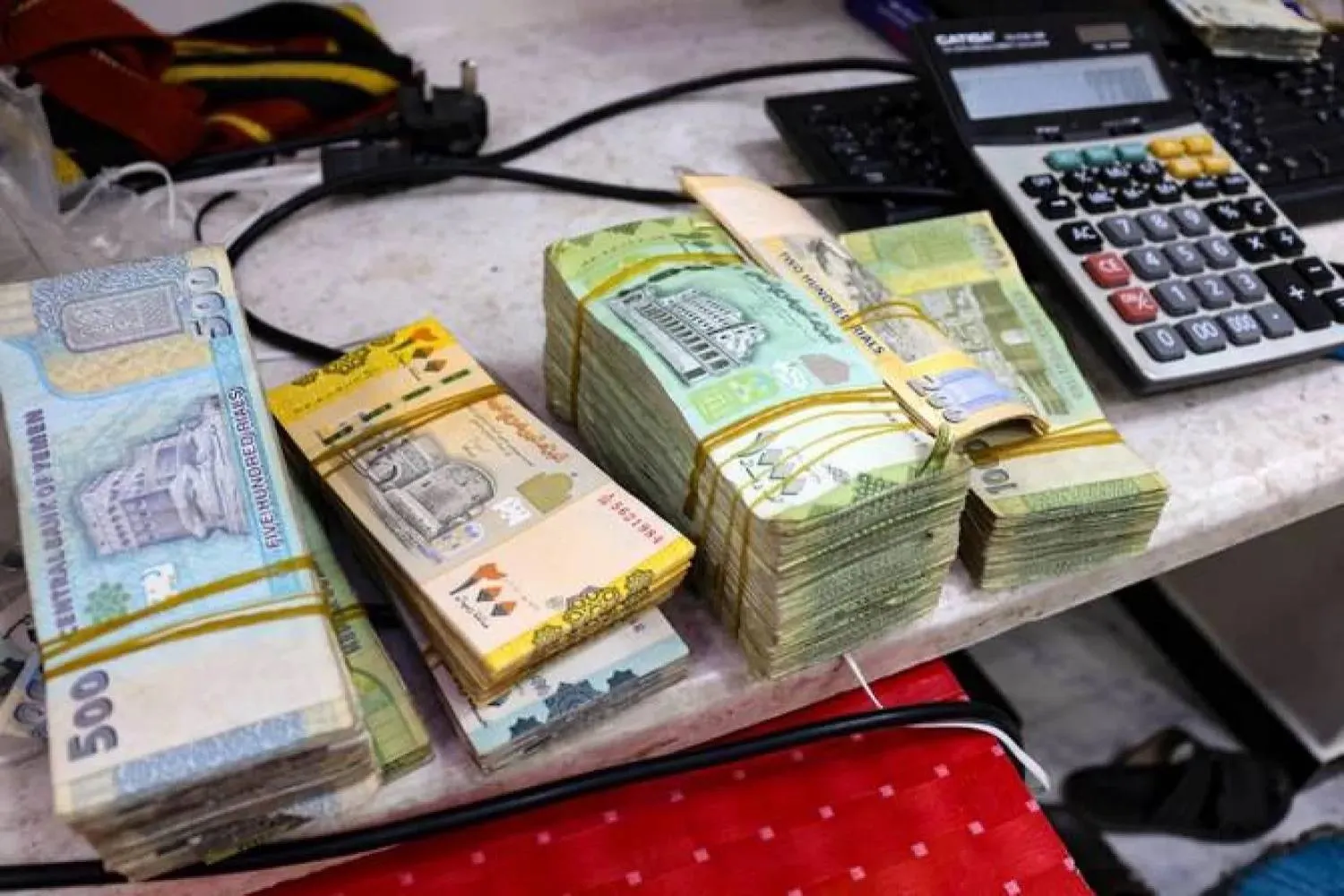The ripple effects of the escalating conflict between Iran and Israel are being felt in Yemen’s fragile economy. The already-depreciated Yemeni rial has fallen further, fuel prices have surged following a government decision, and fears of wider inflation loom over one of the region’s most vulnerable economies.
Last week, the exchange rate for the US dollar crossed 2,750 Yemeni rials before slightly retreating. Economists warn the rial will likely continue to weaken amid broader regional instability. In response, Prime Minister Salem bin Braik announced an emergency 100-day plan to stabilize the economy and ensure basic state obligations, including public sector salaries.
The government also introduced new fuel pricing, raising costs by up to $1 per 20-liter container of gasoline and diesel. This marks the fourth fuel price hike this year, compounding pressure on Yemen’s already burdened consumers.
With Yemen importing over 95% of its goods, any increase in global shipping costs or insurance premiums immediately impacts domestic prices.
Economist Rashid Al-Ansi explained to Asharq Al-Awsat that the cost of food, fuel, and other essential goods is rising due to the weakened currency and regional tensions. Unlike neighboring countries, he added, Yemen lacks the fiscal space and policy flexibility to absorb such shocks.
Adding to the strain, foreign currency reserves are being depleted as locals rush to convert their savings into dollars or gold amid fears of an open war between Israel and Iran. This has raised concerns of further rial depreciation and capital flight, according to economist Fares Al-Najjar.
Al-Najjar also warned that remittance flows - Yemen’s main source of foreign currency - may decline due to global uncertainty, reducing the central bank’s ability to stabilize the market. The government is already struggling to fund basic services, including electricity in Aden and water supply in Taiz.
Experts are particularly concerned about potential disruption to maritime trade. If military tensions spill over into the Red Sea or Gulf of Aden, Yemen’s surrounding waters could be labeled “high-risk zones,” driving shipping and insurance costs up by as much as 300%. This would cripple import flows and make oil exports - Yemen’s last lifeline for foreign currency - nearly impossible.









